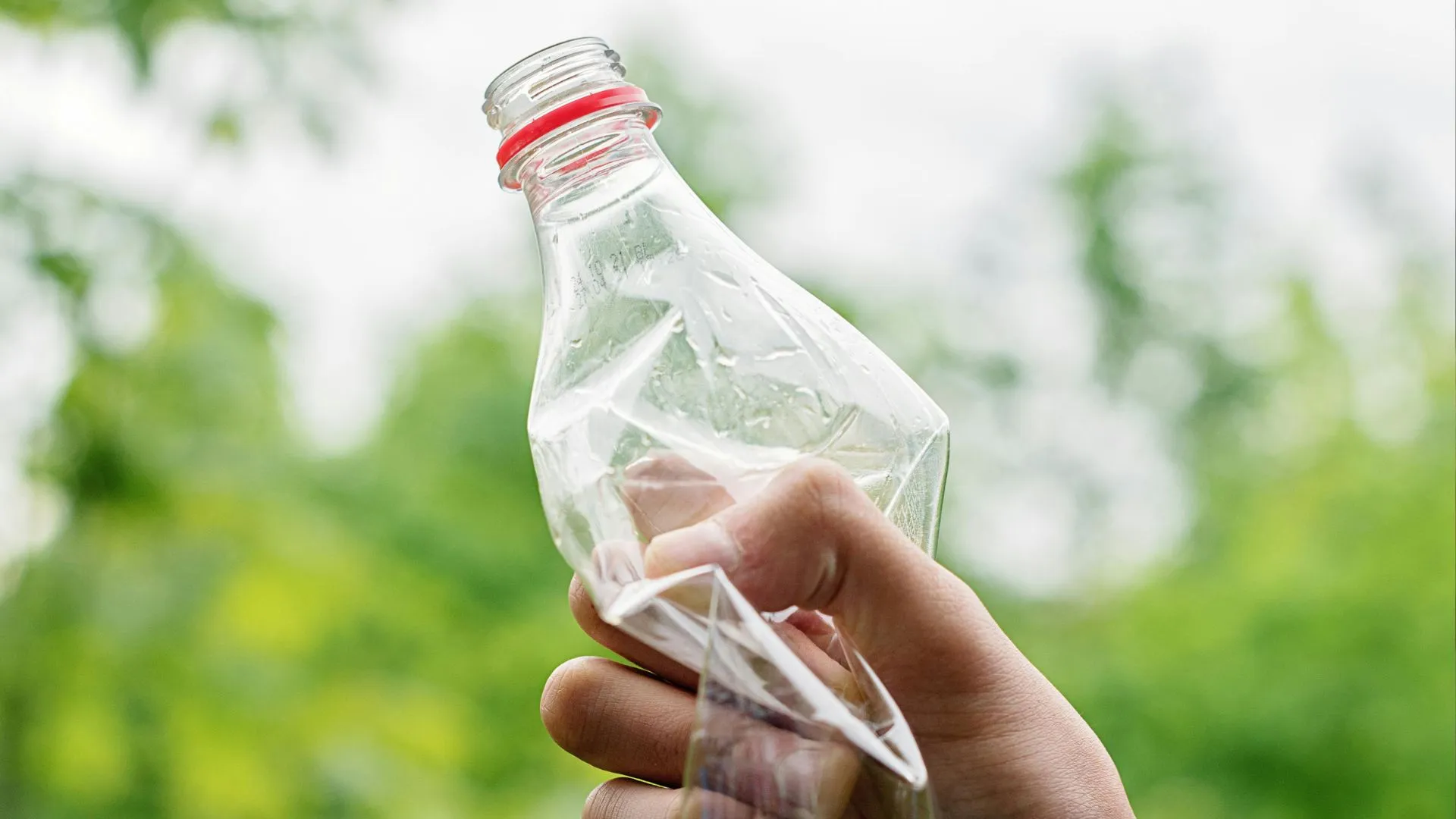Plastic pollution has emerged as one of the most pressing environmental challenges of our time. With the global production of plastic reaching approximately 368 million tonnes in 2019, the consequences of improper disposal and management are becoming increasingly evident. In India, the situation is particularly dire, with millions of tonnes of plastic waste generated annually, much of which ends up in landfills, rivers, and oceans. This blog will explore innovative strategies for effective plastic waste management that can help combat pollution and promote sustainability.
Understanding Plastic Waste
Plastic waste refers to any plastic material that is discarded after use, including packaging, bottles, bags, and other products. The non-biodegradable nature of plastics means they can persist in the environment for hundreds of years, leading to severe ecological consequences. Marine life is particularly affected, as plastics can be ingested by animals or entangle them, causing injury or death. Additionally, microplastics�tiny plastic particles less than 5mm in size�have infiltrated ecosystems and food chains, posing health risks to humans and wildlife alike.
The Need for Effective Plastic Waste Management

Effective plastic waste management is crucial for several reasons:
1. Environmental Protection�
Reducing plastic waste helps protect ecosystems from degradation and pollution.
2. Resource Conservation
Proper management allows for the recovery and reuse of valuable materials, reducing the need for new raw materials.
3. Economic Benefits
A sustainable approach to plastic waste can create jobs in recycling and waste management industries.
�
Key Strategies implementing by Hospitality industries for Effective Plastic Waste Management

1. Promote Reusable Alternatives
Establishing systems for reusable amenities, such as refillable toiletry dispensers and glass water bottles, can drastically cut down on single-use plastic consumption.
2. Educate and Engage
Training staff and informing guests about the impacts of plastic waste fosters a culture of sustainability. Informative signage and awareness campaigns can encourage responsible behavior among patrons.
3. Collaborate with Suppliers�
Working with suppliers to minimize plastic packaging and explore sustainable alternatives ensures that the entire supply chain contributes to waste reduction efforts. For instance, sourcing products in reusable containers can significantly lessen plastic waste.
4. Implement Comprehensive Recycling Programs�
Establishing robust recycling protocols for both guest-generated and operational waste helps divert plastics from landfills. This includes segregating recyclables and partnering with certified recycling firms.
Innovative Strategies for Plastic Waste Management

1. Adopting a Circular Economy Approach
One of the most effective strategies for managing plastic waste is transitioning from a linear economy (take-make-dispose) to a circular economy. This model emphasizes:
- Reduction: Minimizing plastic production and consumption through better design and sustainable practices.
- Reuse: Encouraging the use of reusable products instead of single-use plastics.
- Recycling: Implementing efficient recycling systems to convert waste back into usable materials.
By closing the loop on plastic production and consumption, we can significantly reduce waste generation and environmental impact.
2. Enhancing Collection and Segregation Systems
Establishing efficient collection and segregation systems is vital for effective plastic waste management. This can be achieved through:
- Public Awareness Campaigns: Educating citizens about proper disposal methods and the importance of recycling can lead to better participation in waste segregation efforts.
- Infrastructure Development: Investing in infrastructure such as recycling centers and collection points ensures that plastic waste is properly managed.
Innovative technologies like smart bins equipped with sensors can also enhance collection efficiency by notifying authorities when bins are full.
3. Innovative Recycling Technologies
Advancements in recycling technologies are essential for improving plastic waste management. Key methods include:
- Mechanical Recycling: This traditional method involves shredding plastics into smaller pieces that can be melted down and remodeled into new products.
- Chemical Recycling: This process breaks down plastics into their chemical building blocks, allowing for the creation of new materials without degradation14.
- Energy Recovery: Incineration with energy recovery can convert non-recyclable plastics into energy while minimizing landfill use.
These technologies not only reduce environmental burdens but also create economic opportunities within the recycling industry.
4. Sustainable Product Design
Integrating sustainable product design principles is crucial in curbing plastic waste generation at its source. Strategies include:
- Minimalist Packaging: Reducing packaging materials through innovative designs that use less plastic while maintaining functionality.
- Biodegradable Alternatives: Encouraging the development and use of biodegradable plastics that break down more easily in the environment.
- Eco-Friendly Materials: Promoting the use of renewable resources in product manufacturing.
By designing products with sustainability in mind, manufacturers can significantly reduce their environmental footprint.
5. Collaborative Initiatives and Policy Interventions
Collaboration among government bodies, industries, and communities plays a pivotal role in driving comprehensive plastic waste management solutions. Effective policies may include:
- Extended Producer Responsibility (EPR): Holding manufacturers accountable for the entire lifecycle of their products encourages responsible production practices.
- Plastic Waste Management Guidelines: Implementing regulations that mandate proper disposal and recycling practices ensures compliance across industries.
Partnerships between stakeholders can also facilitate infrastructure development for efficient plastic waste management.
6. Promoting Sustainable Consumer Behavior
Encouraging sustainable consumer behavior is essential for reducing plastic waste at the individual level. Strategies include:
- Education on Responsible Consumption: Informing consumers about the impacts of their choices can lead to more mindful purchasing habits.
- Incentives for Reusable Products: Offering discounts or rewards for using reusable bags or containers can motivate consumers to make sustainable choices.
By fostering a culture of sustainability among consumers, we can collectively reduce plastic waste.
Conclusion
The growing problem of plastic pollution requires immediate action through effective waste management strategies. By adopting a circular economy approach, enhancing collection systems, investing in innovative recycling technologies, promoting sustainable product design, implementing collaborative initiatives, and encouraging responsible consumer behavior, we can combat plastic pollution effectively.
As individuals, businesses, and governments work together towards these goals, we can create a cleaner environment for future generations while preserving valuable resources. The fight against plastic pollution is not just an environmental issue; it is a challenge that requires collective responsibility and innovative thinking to ensure a sustainable future.


